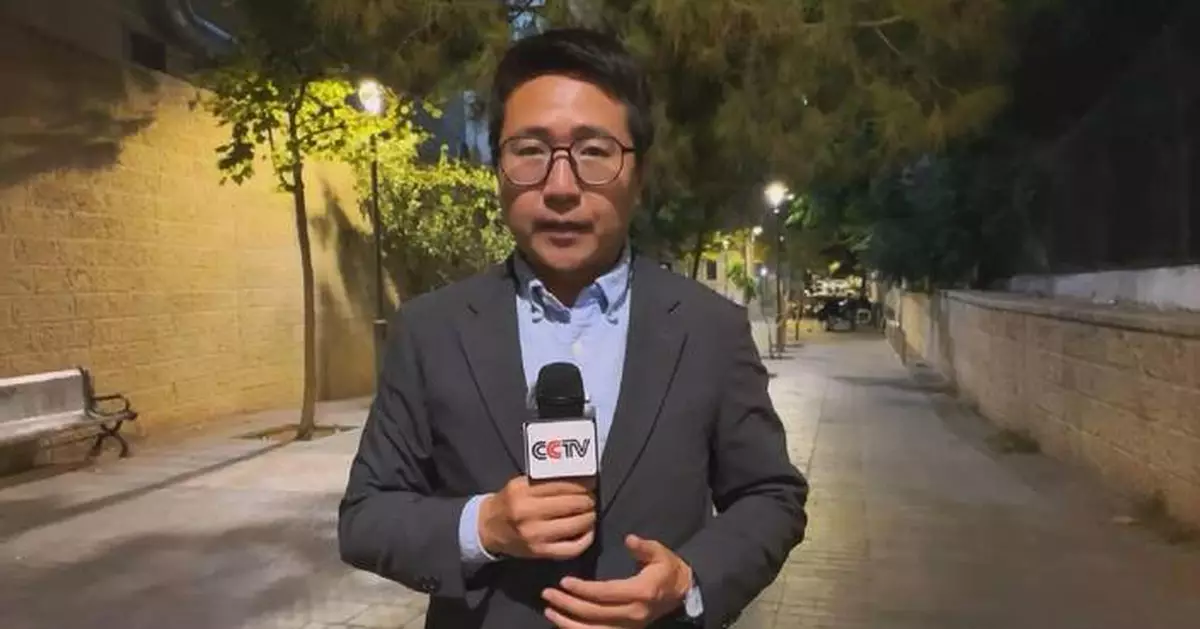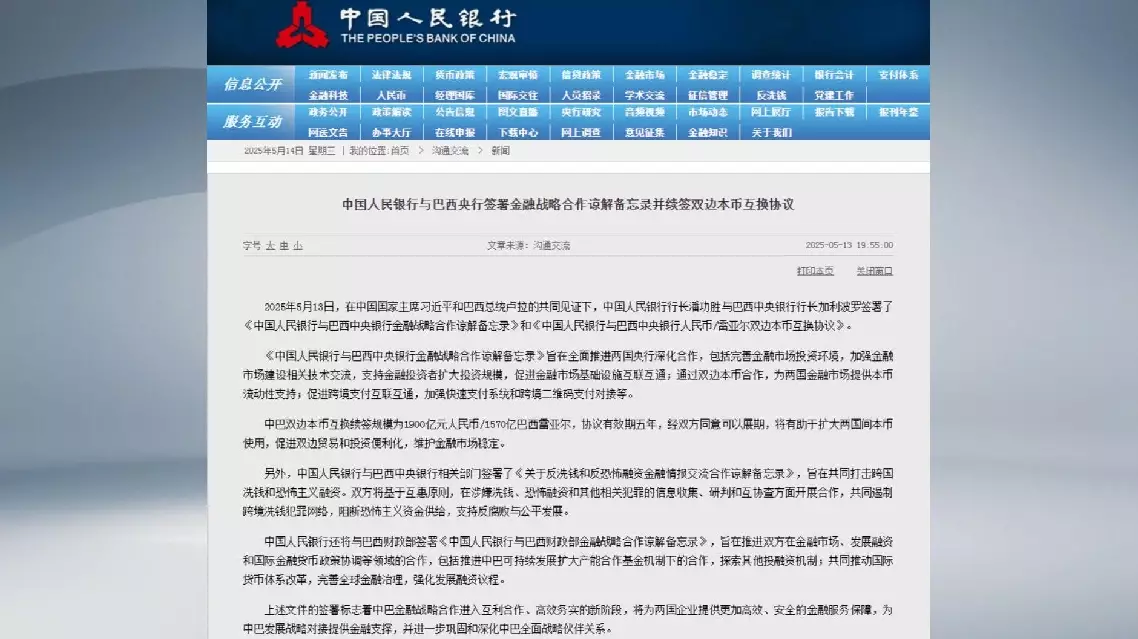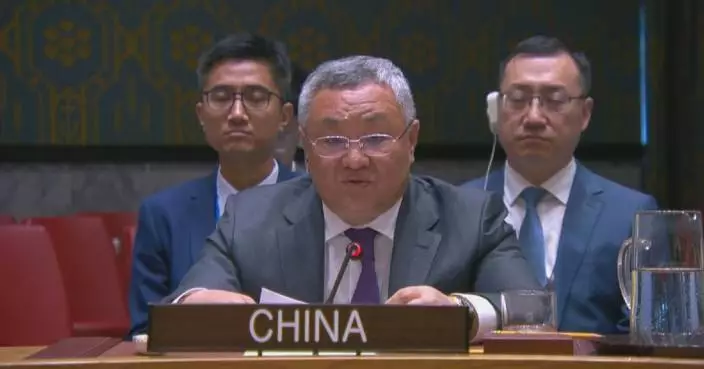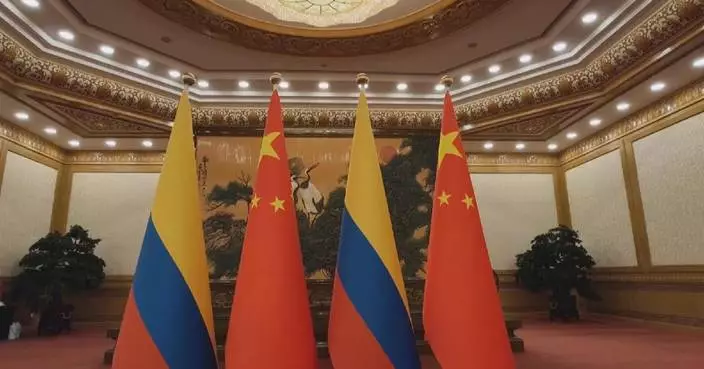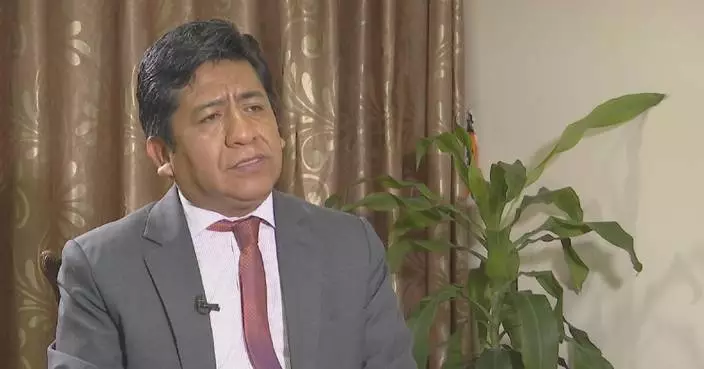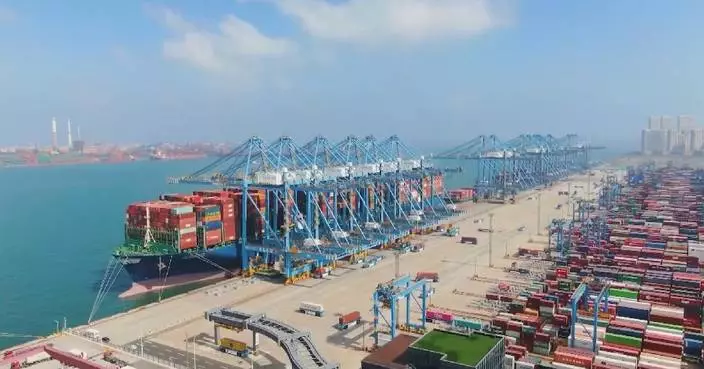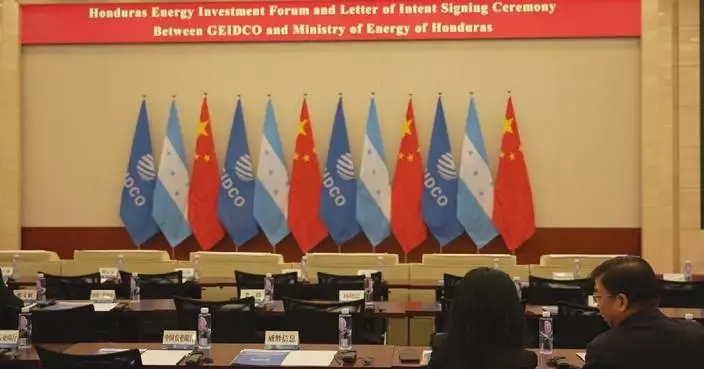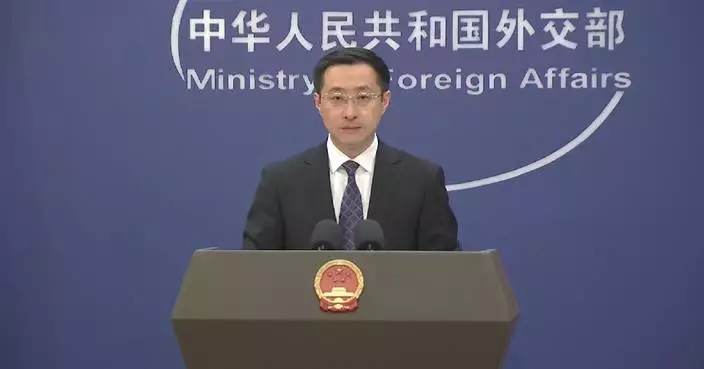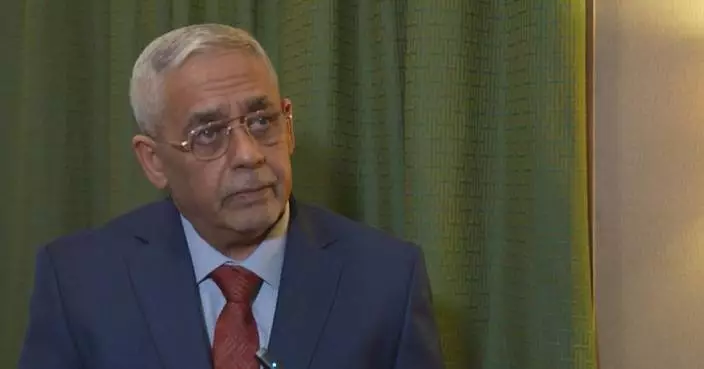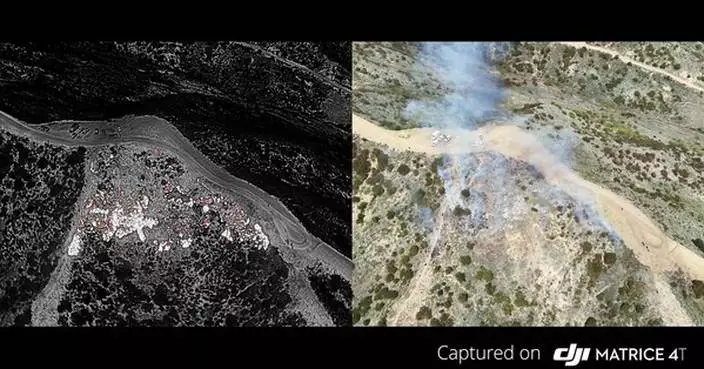The wave of pager explosions in Lebanon on Tuesday could fuel a major escalation of conflict between Israel and Hezbollah, according to media analysis.
Eight people were killed, and over 2,800 others, including Hezbollah members, were wounded on Tuesday in different areas of Lebanon as their pagers exploded, said Lebanese Health Minister Firas Abiad.
In a statement, Hezbollah said it is conducting security and scientific investigations to identify the reasons behind these explosions, adding that the group is "at the highest level of readiness to defend Lebanon and its people"
In a separate statement, the Shiite group blamed Israel for "this criminal attack", vowing to retaliate.
Israel has yet to comment on Tuesday's blasts. According to media reports, Israeli Prime Minister Benjamin Netanyahu and Defense Minister Yoav Gallant held a security assessment meeting at the HaKirya military base in Tel Aviv on Tuesday to address the implications of the explosions.
China Media Group reporter Zhao Bing in Jerusalem reported later on Tuesday on what may have caused the pager explosions and the possible impact of the attack, citing reports from media outlets in the region.
"Regarding the method of the attack, the Israeli Public Broadcasting Corporation and Channel 12 and other media outlets, citing the analyses of professionals, believe that the wave of explosions may be caused in two ways. One is to use hacking methods to carry out large-scale cyber attacks on thousands of pagers at the same time, resulting in its lithium battery short circuit or overload, thereby causing an explosion. The other is to place explosives in the pagers in advance. Qatar's Al Jazeera quoted a source from the Lebanese security department as saying that the batch of pagers that exploded were intercepted by Israel's intelligence service, the Mossad, five months ago before being delivered to Hezbollah in Lebanon, and a trace amount of explosives of less than 20 grams were placed inside the pagers. However, as of now, it is difficult to fully confirm the above reports," Zhao said.
"It is worth noting that the attack occurred at a sensitive time when Israel issued a comprehensive threat to Hezbollah and the conflict may be significantly escalated. Late at night on Sept. 16, Israeli Prime Minister Benjamin Netanyahu chaired a government security cabinet meeting and decided to make 'the return of evacuees from northern Israel to their homes' as the fourth military goal of the Israeli government. This also means that Israel has officially incorporated the military strikes against Hezbollah in Lebanon into its military strategy that has been going on for nearly a year, and intends to proactively escalate the conflict," Zhao said.
"According to Israeli media analysis, in this case, if Israel launched this attack, its purpose may be, first, to send a clear signal to Hezbollah in Lebanon that Israel will take any possible means to attack it and will continue to escalate pressure; second, to prevent and disrupt Hezbollah's possible attacks on Israel; third, to take advantage of the opportunity when Hezbollah is in chaos or even partially paralyzed to launch a large-scale military operation against it. However, the media also believes that large-scale military operations will not restore security in northern Israel, but will further intensify the conflict and plunge the entire region into a quagmire of long-term war," Zhao said.
"Local media reported that in response to possible counterattacks by Hezbollah in Lebanon, Israel's Haifa Port, Ben Gurion International Airport and other important infrastructure are ready to launch emergency plans. And many large airlines such as Air France and Lufthansa have announced that all flights scheduled to fly to Israel on Wednesday would be canceled," Zhao said.
Cross-border fighting between Israel and Hezbollah has been ongoing since Oct. 8, 2023, when the Israeli-Palestinian conflict erupted. Hezbollah stated that its attacks on Israel were intended to support Palestinians in the Gaza Strip.
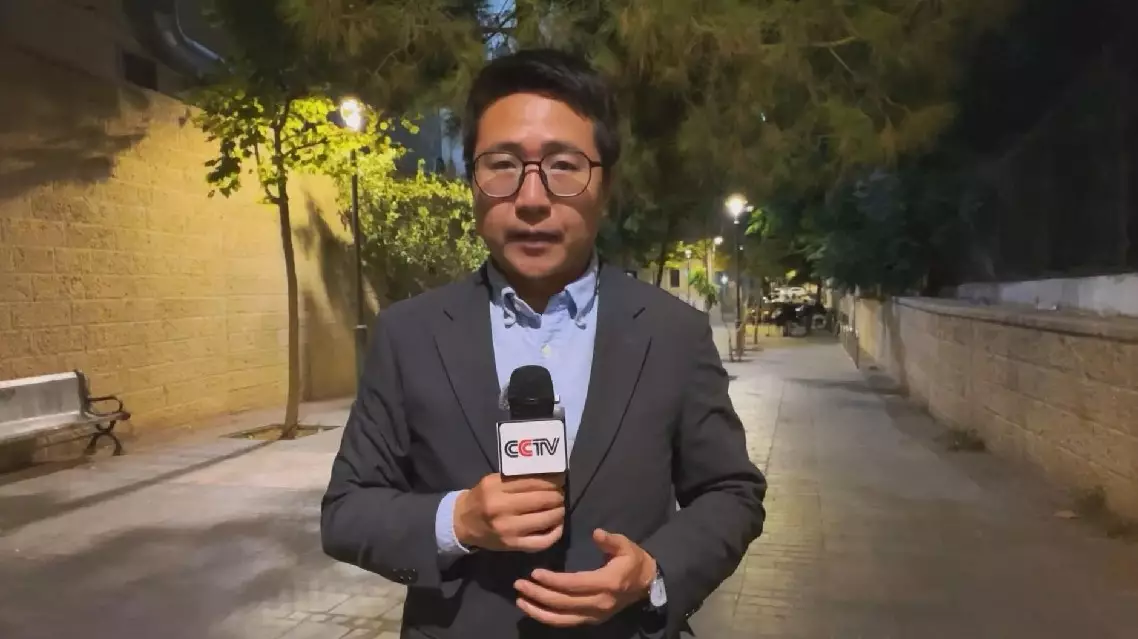
Hezbollah pager explosions could feul major escalation of conflict: analysis
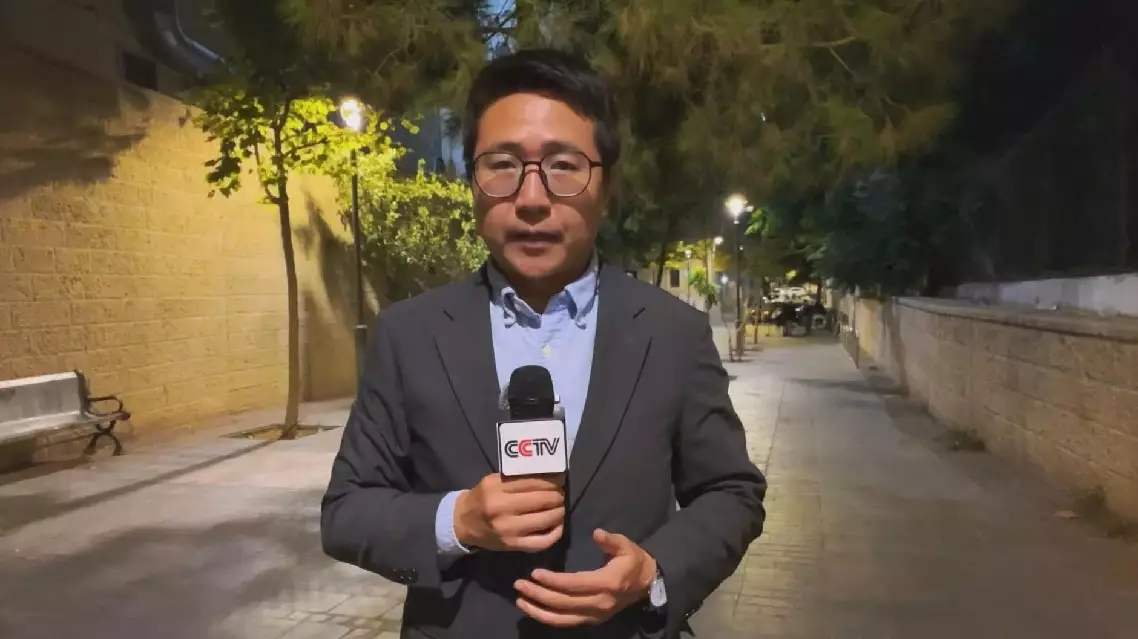
Hezbollah pager explosions could feul major escalation of conflict: analysis


